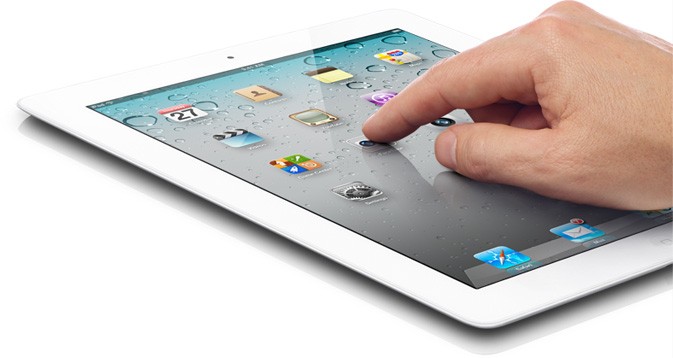 |
| Trying to get a connection? Good luck with that |
It's also worth bearing in mind that salaries in the US are higher than in France. According to the BBC, the average American works for $3,263 a month, while the average French person earns $2,886 - and while differences in the cost of living can partly justify this gap in salary, it would not be true to say that everyday living costs are always lower in France. (Long-distance train travel and food are just two of the things that spring to mind as being cheaper in the US.) Prices of these gadgets are also comparatively lower. Not many people in France (outside the capital, of course) have the spare €400 required for the 16GB iPad 2 - whereas people in the US, with higher average salaries, are able to snag one for $400 (about €300 at today's exchange rate). But this can't be all there is to it. Why aren't the French interested in this technology, or in reading ebooks in general?
 |
| The French version of Big Brother |
 |
| The front-facing, chalk-and-talk French system |
Perhaps this sounds harsh and a French student who's left the system recently (or is still in it) will soon come along to debunk this. But it seems doubtful. One of the strengths (and weaknesses) of the French education system is its lack of overall change across the years, and this would explain the lack of technological assimilation in French schools. The "if it ain't broke, don't fix it" philosophy prevails. Why would students need ebook readers or smartboards? Textbooks and blackboards work just as well. In 2010, only 66% of French teachers claimed to have used technology in their classroom in the last 12 months, compared to 96% of UK teachers. The teachers in France cited reasons for this which included potential disruption to the class, difficulties in installing the technology, and doubting the technology's pedagogical efficacy. All of this amounts to an attitude and ethos whereby physical books are highly prized by French children and adults. Combined with the income levels and gadget prices mentioned above, this makes them more likely to use paper books than electronic ones.
 |
| Bookshop, rue de la Convention, Paris |
 |
| A smartboard being used in a French state school |
 |
| Maccy D's, French-style...a sign of progress? |







No comments:
Post a Comment